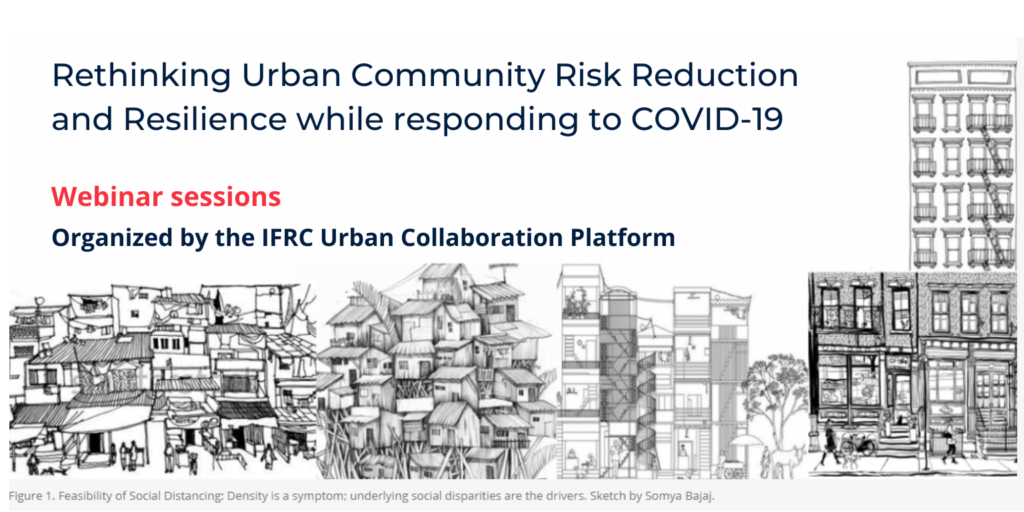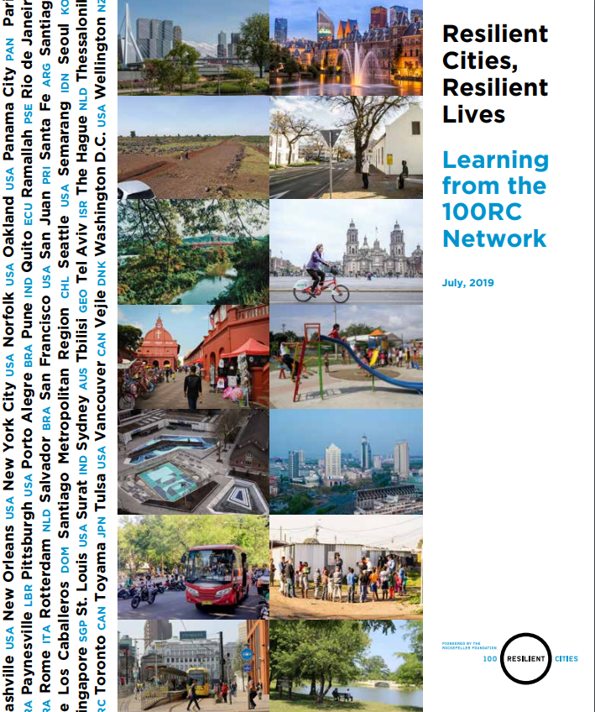Scoping Study: Humanitarian Assistance in Urban Context
This scoping study, undertaken from October to December 2019, aims to inform priorities and actions of the German Red Cross (GRC) in relation to humanitarian assistance in the urban context. In doing so, the scoping study took stock of existing literature, tools, methods, networks and initiatives (phase 1). Building on this mapping exercise, interviews with […]
Scoping Study: Humanitarian Assistance in Urban Context Read More »




